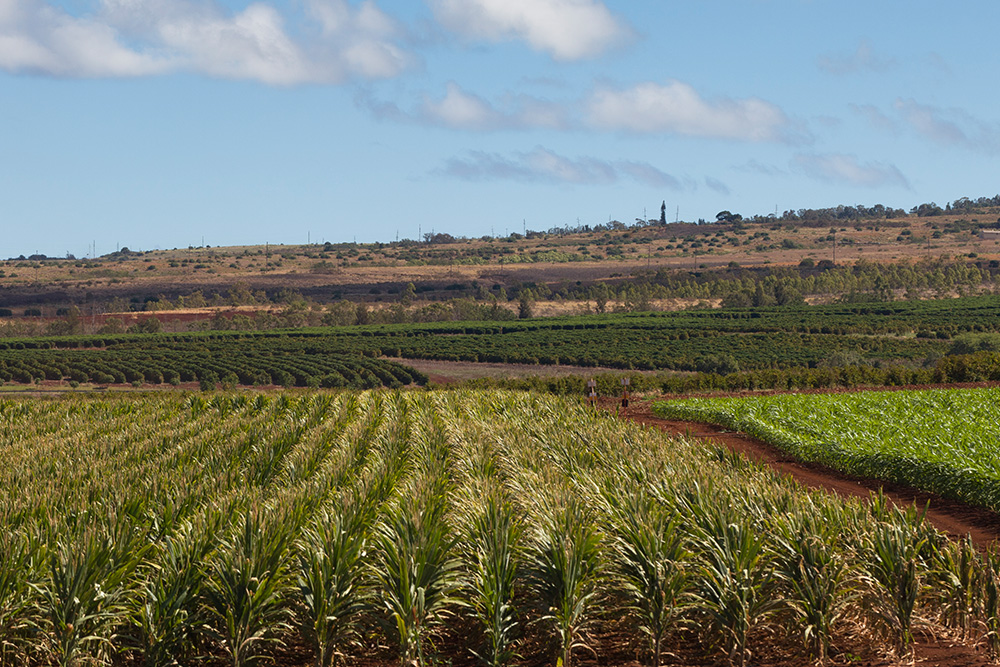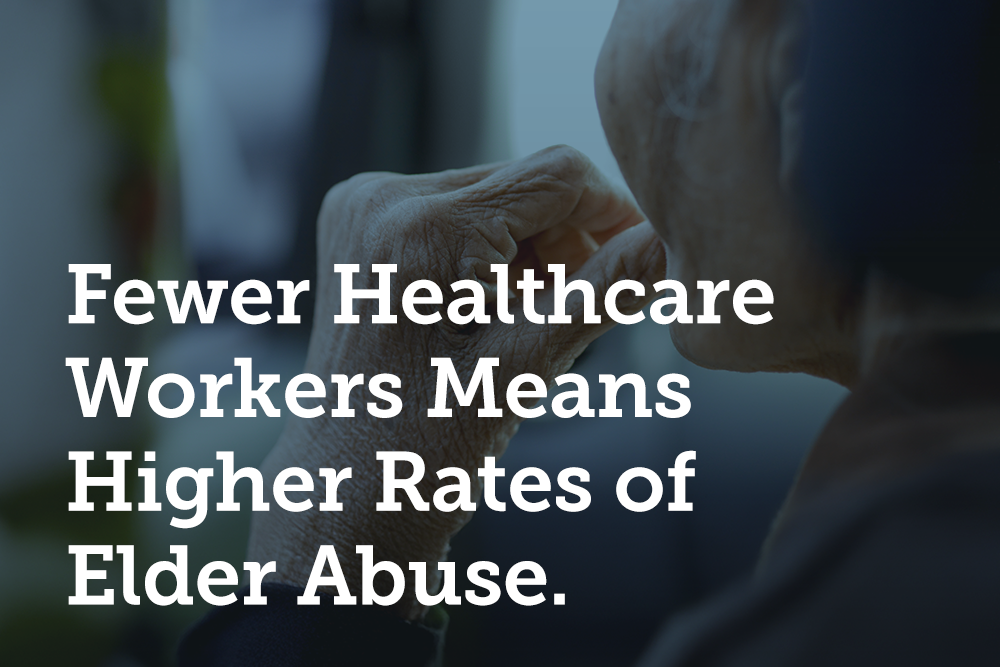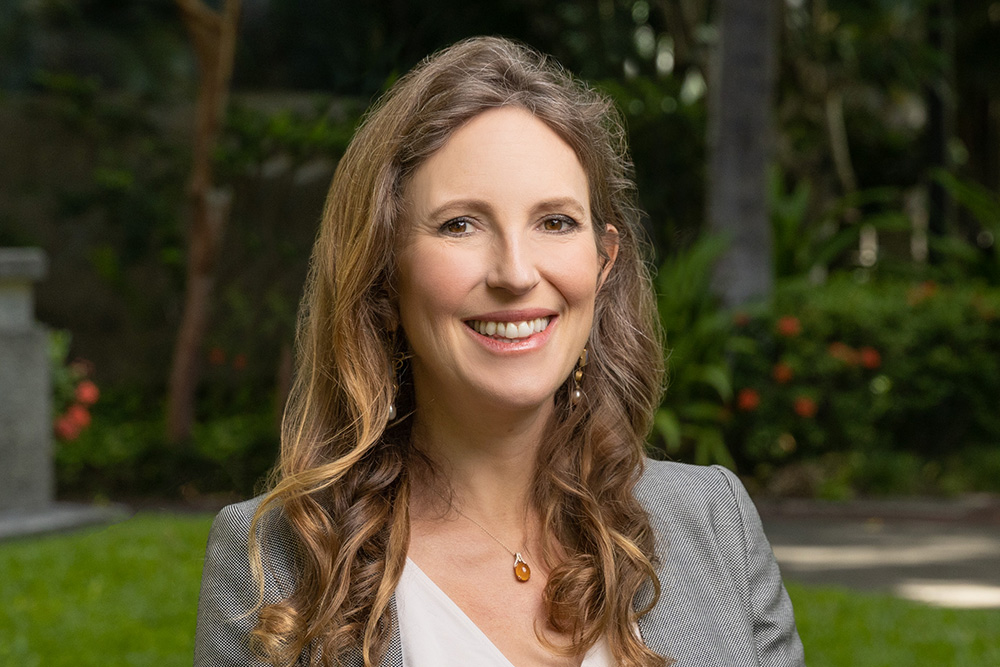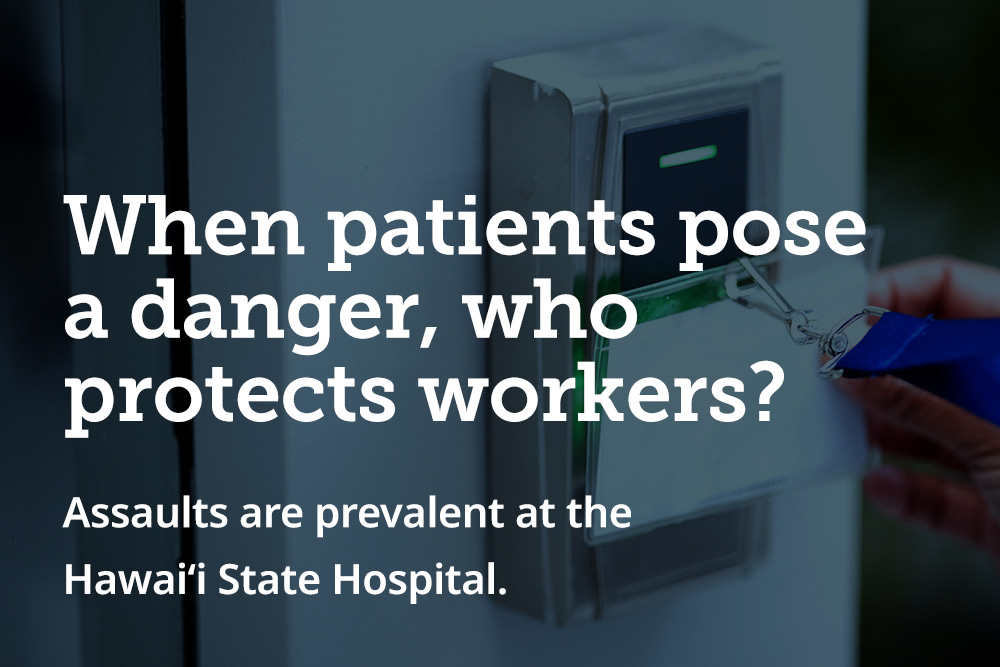
Families in Hawaiʻi are experiencing dramatic increases in certain serious birth defects, including a rare and serious condition that is being diagnosed at a rate 10 times higher than on the mainland.
Mothers living near farms where pesticides are used are at particular risk, physicians say. The Hawaiʻi Center for Food Safety found that chemical companies have sprayed restricted-use pesticides at a rate 17 times greater than the mainland average.
We can help.
Among the concerns is a severe heart defect that requires immediate surgery and occurs so infrequently that the rate of nine in the past five years in Hawaiʻi is 10 times the national average.
- One woman was born with her throat not connected to her stomach. Although she has received numerous surgeries throughout her life to correct the issues, she relies on a tracheostomy tube in her neck to breathe.
- In another case, a Hawai‘i man was born without tubes that ensure proper kidney function. He has also had extensive surgery but still suffers from swollen kidneys as well as asthma and ADHD.
Parents of these children and other Kauai families joined together to sue Monsanto over claims that the company sprayed harmful levels of pesticides on corn fields just yards away from their homes. The lawsuits allege that the company was aware that the chemicals were harmful to the families who lived near those fields.
Commercial Chemicals Also Cause Cancer, Other Health Problems
In separate litigation, Galiher DeRobertis & Waxman has filed lawsuits on behalf of dozens of Hawai’i plaintiffs seeking damages from Monsanto after they were diagnosed with non-Hodgkin’s lymphoma. According to lawsuits, these Hawai’i residents were exposed to glyphosate, a known carcinogen and the active ingredient in the herbicide Roundup, as well as banned chemicals known as polychlorinated biphenyls (PCBs).
Federal prosecutors have described Monsanto as a “serial violator” of environmental laws in Hawaiʻi. Most recently the company pleaded guilty to 12 felony counts of illegally using banned pesticides on corn fields on Oahu in 2020. According to Justice Department prosecutors, the company allowed farm workers to enter fields during a six-day restriction period after its Forfeit 280 pesticide had been applied.
Causes of Birth Defects
Although 30% of birth defects have a known cause, the remaining 70% are of unknown origin. Genetics, exposure to dangerous chemicals, inadequate nutrition and infectious diseases before and during pregnancy have been linked to birth defects.
While certain defects are apparent at birth, others may not be easily detected, including internal organ abnormalities or visual and hearing deficits. Birth defects can also increase the risk of infant mortality, with nearly 240,000 infants worldwide dying within 28 days of birth and contributing to another 170,000 deaths of children aged 1-5 each year in the United States.
Birth defects can also result in lifelong disabilities, causing emotional distress and financial burdens for families. While surgeries and medications may provide relief for some conditions, others may require ongoing medical support and expensive devices to enable individuals to lead fulfilling lives.
How Prenatal Care Helps Prevent Birth Defects
Prenatal care is key in assessing fetal health, as it includes screening for potential birth defects and identifying any exposure to harmful chemicals or pesticides through work or location factors. Healthcare providers also play a vital role after birth in documenting birth defects that aren’t easily visible at birth to help track trends.
How We Help Hawaiʻi Victims of Pesticide Exposure
Seek justice with the help of our experienced lawyers. Our Hawaiʻi pesticide law firm has battled corporate giants on behalf of individuals like you for over 40 years, aggressively fighting to hold them responsible for dangerous chemicals and the birth defects and personal injuries they cause. If you have a child with birth defects caused by dangerous products, we can help.






